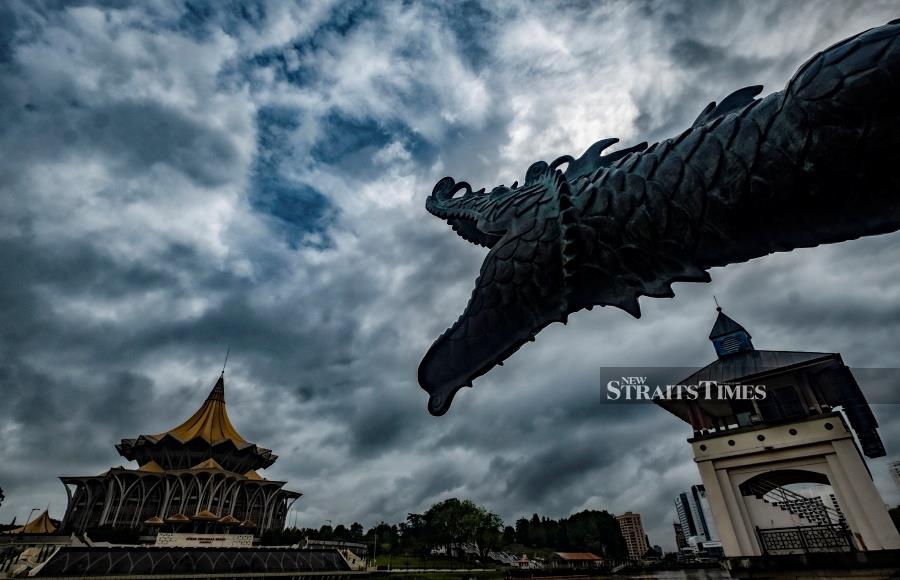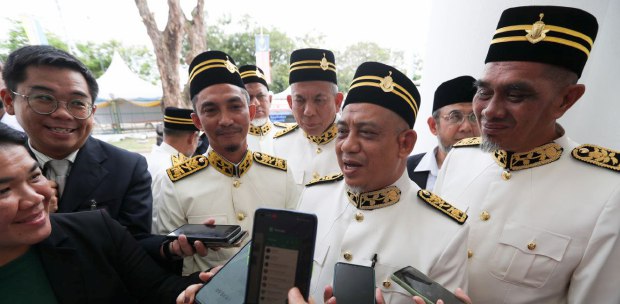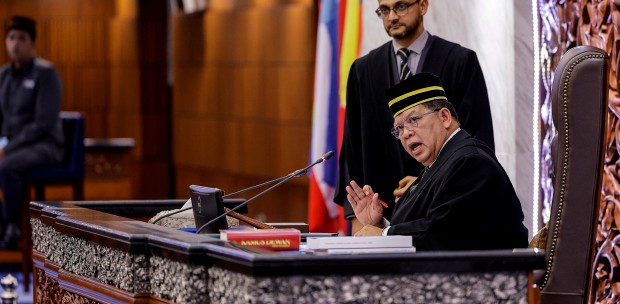DISCUSSING the state of national politics with Chinese friends this festive season, the sense of frustration with the entire political class is palpable.
I think many of my Chinese Malaysian friends now feel ill at ease — to varying degrees — with both the governing and opposition coalitions.
Judging by how the "alternative" or the Perikatan Nasional opposition leaders have been donning bright-coloured traditional Chinese costumes and sending out festive greetings, I think they realise that they must appeal to a broad cross-section of the electorate if they really aspire to become a viable and effective governing alternative at the national level.
However, form is a poor substitute for political substance. Opposition luminaries must know that form without reassuring substance will persuade few among Chinese voters.
The very poisonous polemics that pass for political discourse nowadays scare not just a sizeable portion of voters but likely foreign investors as well.
All this may reflect an extended state of political flux following the end of Barisan Nasional rule in 2018 and the ensuing very tentative search for a new, stable political centre.
A new centre, it is becoming more apparent than ever, must still be anchored on the bedrock of the Malay majority, not any egalitarian notions about a colour-blind "Malaysian Malaysia" that the Malay majority has consistently found unappealing.
What, then, can be done to arrest such a troubling state of affairs?
If the Malay-based political centre is to find a new anchor now, what will it be if not based on the multi-racialism that Parti Keadilan Rakyat (PKR) represents?
Can a conservative right anchored on political Islam move towards the centre? If so, what shape will it take?
Which leader or leaders in Pas, for example, will take charge if the party is to take the lead in articulating a political platform for national governance?
Or is the country "condemned" to the continued purgatory of alternating between an ostensibly PKR-led government with DAP as its biggest parliamentary bloc or an ostensibly Bersatu-led government with Pas providing the largest bloc of MPs?
Failing which, will the currently splintered "nationalist" Malay political camp cohere around an acceptable "unity" figure and make a comeback as the backbone of Malaysia's "natural" governing party?
The shifting sands of our national political chessboard will take some time to settle before it becomes clearer what shape our post-2018 political dispensation will take.
If we collectively cannot come to a new and durable political settlement, it may be worthwhile to more seriously contemplate what the Borneo states can offer to bridge the divides in the peninsula.
For too long, Sabah and Sarawak have been treated as little more than bit players and manipulated to serve the interests of the national powers-that-be.
This has fostered serious disenchantment leading to not a few wanting the two states to be left to their own devices either through greater political autonomy or even outright independence, though the latter has not gained much real political traction thus far.
A fresh look into national political arrangements to suit the new millennium must therefore include seeking ways to engage Sabah and Sarawak voters to think more nationally and less parochially.
This possibly entails acceding to the clamour in both states for proportionally greater parliamentary representation.
If this is the price to help get the nation out of political funk by way of getting political leaders from Borneo to inject their less rigid brand of politics nationally, it may be worth paying.
The writer views developments in the nation, region, and wider world from his vantage point in Kuching
The views expressed in this article are the author's own and do not necessarily reflect those of the New Straits Times






